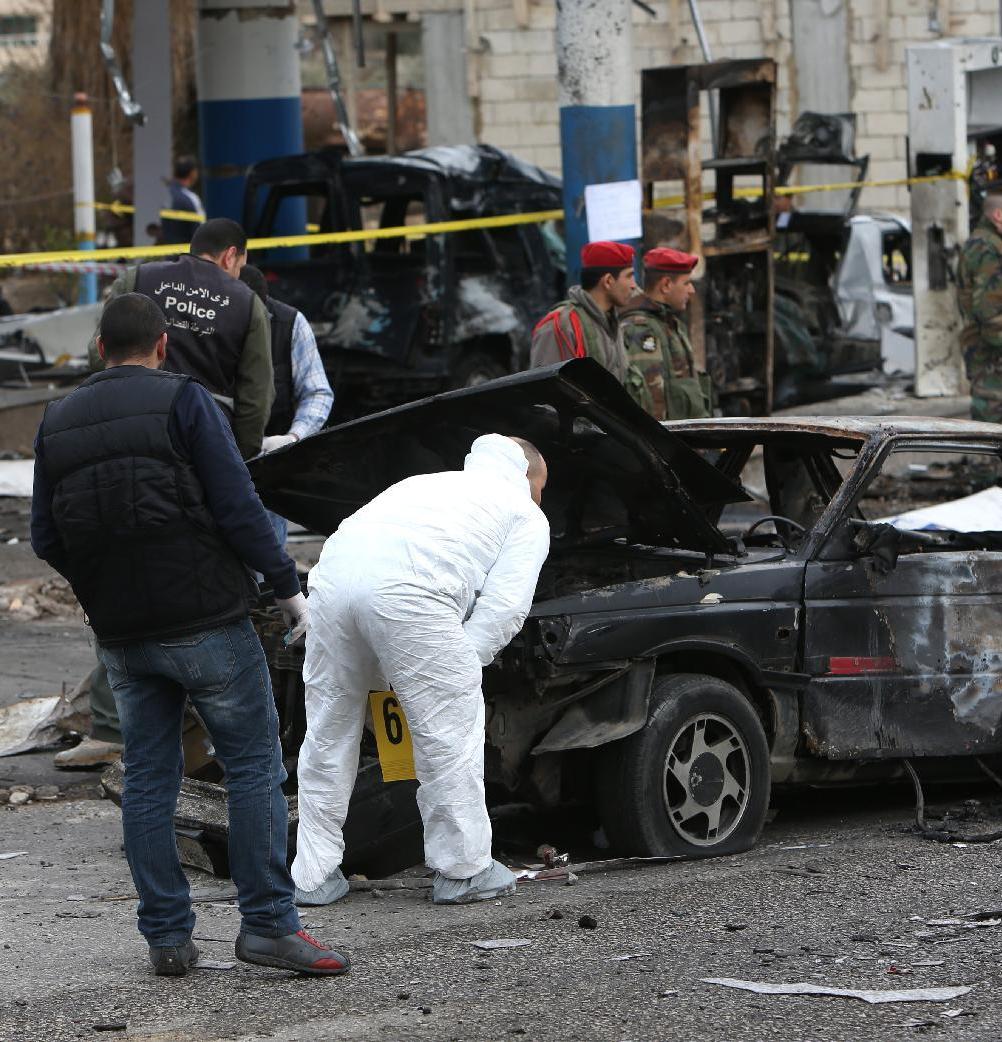
Syria’s civil war linked partly to drought and global warming
The conflict that has torn Syria apart can be traced, in part, to a record drought worsened by global warming, a new study says. In what scientists say is one of the most detailed and strongest connections between violence and human-caused climate change, researchers from Columbia University and the University of California Santa Barbara trace the effects of Syria’s drought from the collapse of farming, to the migration of 1.5 million farmers to the cities, and then to poverty and civil unrest. Syria’s drought started in 2007 and continued until at least 2010 — and perhaps longer. Syria’s civil war accelerated after the 2011 Arab Spring protests.
You can really draw a blow-by-blow account with the numbers.
Richard Seager, climate scientist and study co-author
The study’s authors do not claim climate change caused Syria’s civil war. It’s not that simple. Lead author Colin Kelley at the University of California said there are numerous factors involved, including the oppressive Assad regime, an influx of more than 1 million refugees from Iraq, the tumult of the Arab Spring, as well as the drought. Authors did statistical and computer simulation analysis to connect global warming to the multi-year drought, finding that such dry spells are two to three times more likely because of human-caused heat-trapping carbon dioxide in the atmosphere than under natural conditions.

Science syria climate